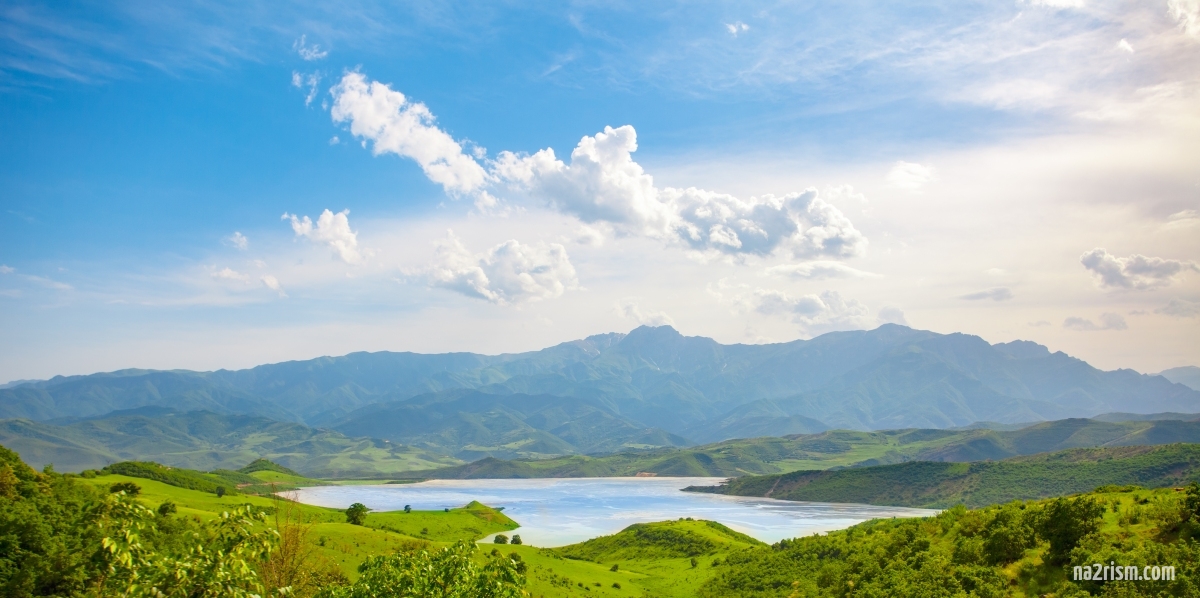Armenia is a landlocked country in the South Caucasus region, known for its rich history, stunning landscapes, and traditional culture. In recent years, Armenia has also become a popular destination for naturists, who are drawn to the country’s beautiful mountains, rivers, and forests. However, attitudes towards naturism in Armenia are complex and influenced by a variety of factors, including cultural and religious beliefs, social norms, and legal regulations.
1. Cultural and religious beliefs
Armenia is a predominantly Christian country, with the Armenian Apostolic Church being the dominant faith. Christianity has a strong influence on Armenian culture and traditions, including attitudes towards nudity and modesty. In Armenian culture, nudity is generally associated with shame and immodesty, and the human body is considered sacred and should be covered.
Moreover, the Armenian Apostolic Church has a conservative approach towards nudity and the human body. The church emphasizes modesty and humility as Christian virtues and discourages practices that might be considered immodest, such as revealing clothing or public nudity. As such, many Armenians view naturism as incompatible with their religious and cultural values.
2. Social norms
Social norms also play a significant role in shaping attitudes towards naturism in Armenia. Armenia is a conservative society, with traditional gender roles and strong family values. Public displays of affection or nudity are generally frowned upon, and modesty and respectability are highly valued.
As a result, naturism is often viewed as a taboo or even offensive practice, particularly among older generations. Many Armenians associate nudity with immorality or indecency, and may view naturists as deviants or perverts. Furthermore, because naturism is a relatively new and unfamiliar concept in Armenia, many people may not understand or accept it.
3. Legal regulations
In Armenia, there are no specific laws that prohibit naturism or public nudity. However, public nudity is generally considered indecent exposure, which is a criminal offense punishable by law. Moreover, Armenian law enforcement agencies tend to take a conservative stance towards nudity and public behavior, and may be inclined to view naturism as a violation of public decency.
Despite these challenges, there is a growing naturist community in Armenia, particularly among younger generations who are more open to new ideas and lifestyles. Naturists in Armenia often gather in private locations, such as private properties, resorts, or rented houses, where they can practice naturism without fear of legal repercussions or social stigma.
In conclusion, attitudes towards naturism in Armenia are complex and influenced by a variety of factors, including cultural and religious beliefs, social norms, and legal regulations. While naturism is not widely accepted in Armenian society, there is a growing community of naturists who are working to promote the practice and educate the public about its benefits. As Armenia continues to modernize and become more open to new ideas and lifestyles, it is possible that attitudes towards naturism will become more accepting over time.

